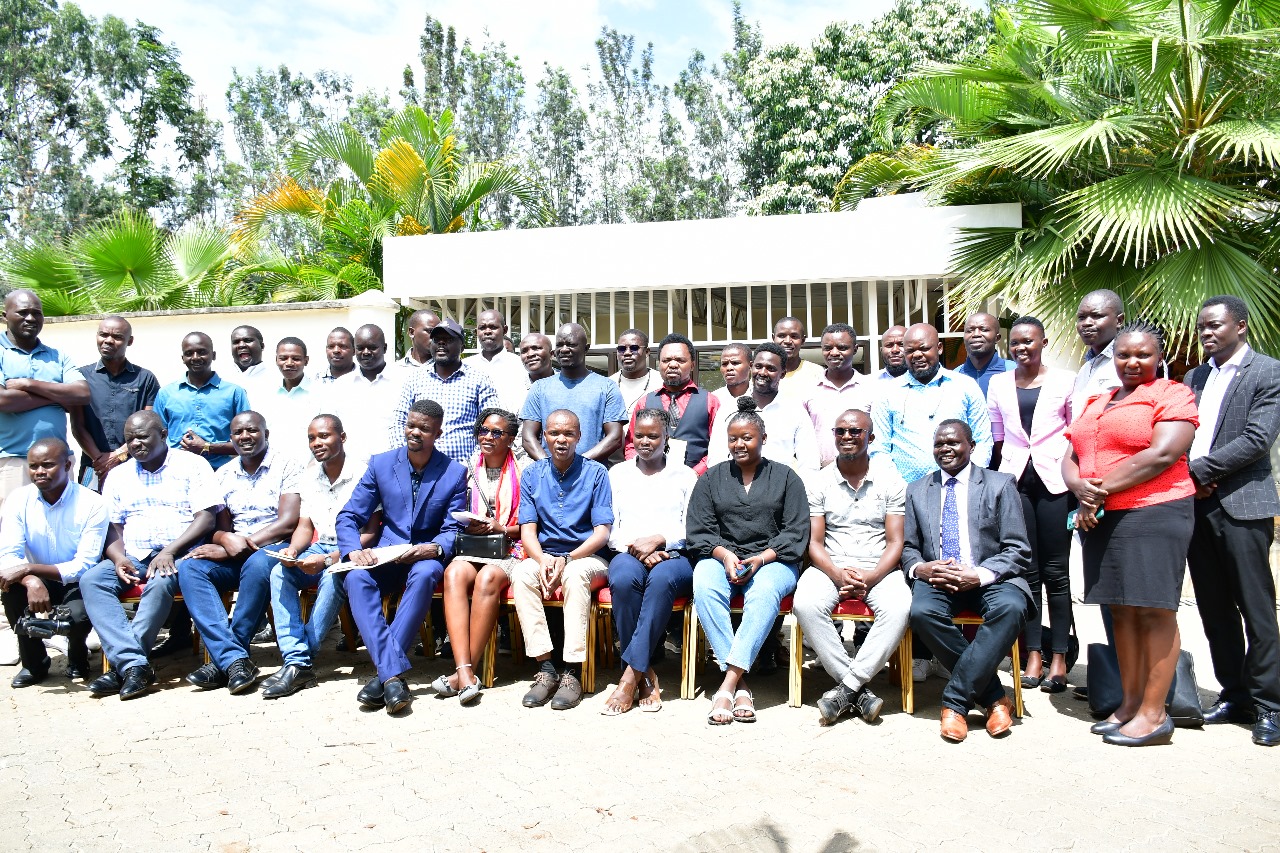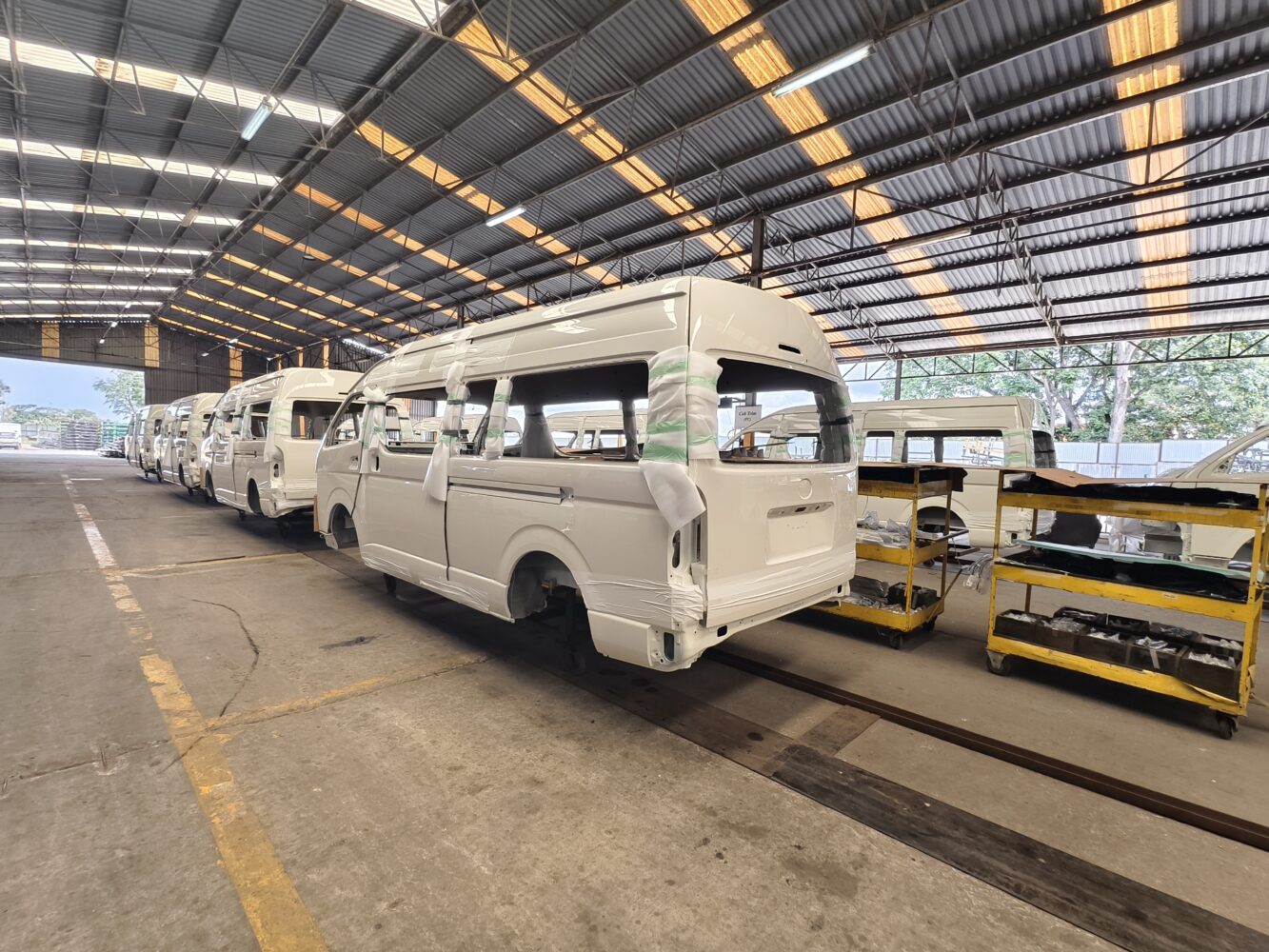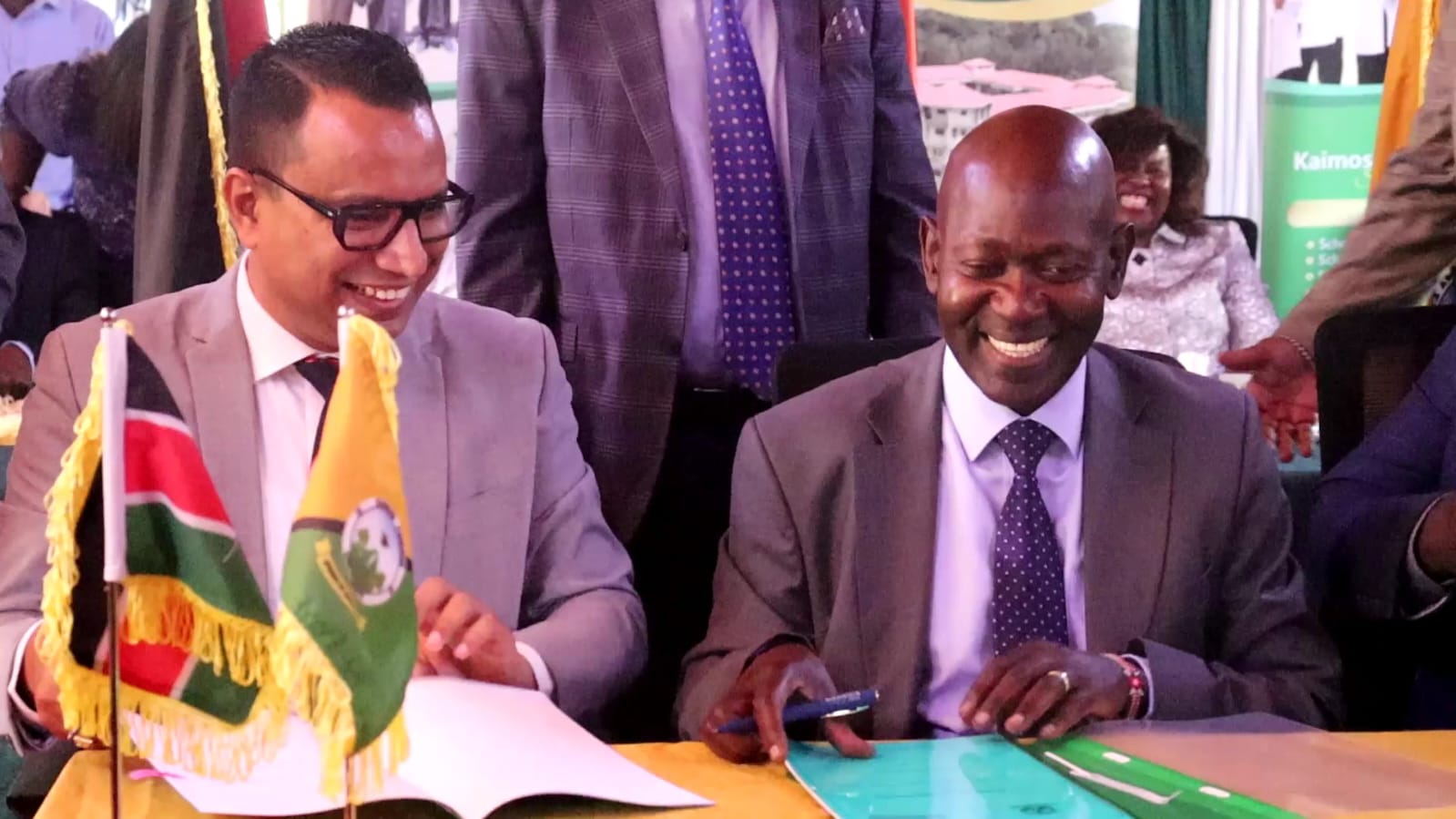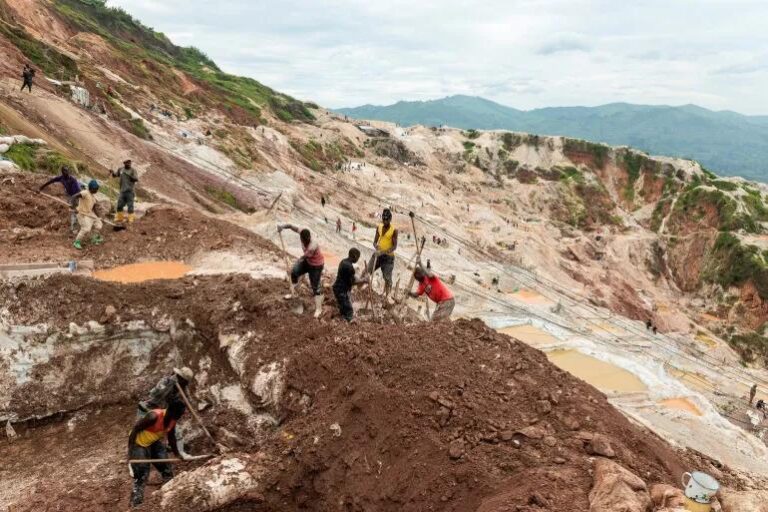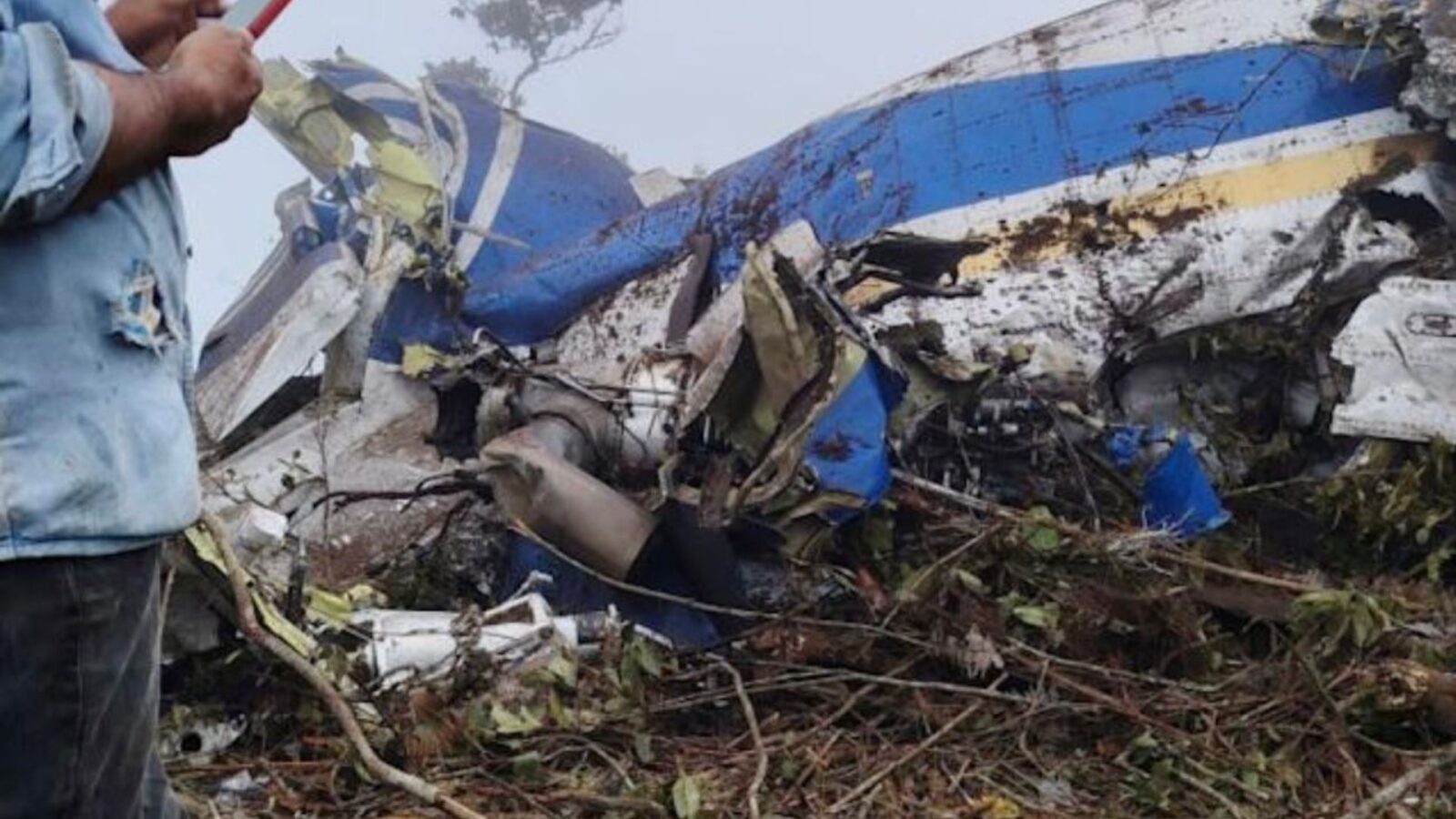The Independent Policing Oversight Authority (IPOA) has entered into a partnership with journalists from the Lake Region to strengthen accountability and enhance public understanding of its mandate.
At an inaugural breakfast meeting held in Kisumu, IPOA officials sensitized journalists on the Authority’s oversight role, the challenges it faces and how the media can help bridge the gap between the police and the public.
The meeting was attended by Nyanza Regional Commissioner, Kenwilliams Nyakomita and Paul Murkomen, the regional officer, together with members of the Lake Region Journalists Network (LRJN), a registered community-based organization comprising journalists from 4 counties bordering Lake Victoria.
Nyakomita said the collaboration was part of a renewed effort to build public trust and promote transparency in police accountability.
“The public often piles pressure on IPOA without understanding our legal framework. Journalists are our partners in creating awareness. Through accurate reporting, people will now know where and how to report misconduct or commendable acts by police officers,” he said.
He emphasized that IPOA investigates all complaints without fear or favour.
“There is no big fish in matters of accountability. Every officer, regardless of rank, is answerable to the law,” he added.
Despite its achievements, IPOA has often faced criticism over the slow pace of investigations and prosecution of cases involving police officers. Families of victims of police brutality have repeatedly complained of frustration, saying justice is delayed or denied.
In Nyanza, several cases of alleged extra-judicial killings and excessive use of force remain unresolved years after being reported. Human rights groups have faulted lengthy investigations and sluggish court processes, saying such delays weaken public confidence in IPOA’s mission.
Nyakomita admitted the delays but attributed them to complex investigations and legal hurdles.
“We operate within the law and our investigations must meet evidential thresholds before prosecution. What we need is stronger collaboration from witnesses, the media and the judiciary,” he said.
The Lake Region Journalists Network Chairperson, Josephat Odhiambo, reiterated the network’s commitment to work closely with IPOA to promote transparency and accountability. He urged journalists from the region to remain vigilant and to report both the good and bad scenes witnessed during emotionally charged field operations.
“As journalists, we must be fair and factual. We should not only highlight police excesses but also commend officers who uphold professionalism. Balanced reporting helps build trust and strengthens the bond between citizens and law enforcement,” Odhiambo said.
The partnership between IPOA and the media seeks to make oversight more inclusive and effective. Through training, information sharing and continuous engagement, journalists will serve as watchdog partners in amplifying IPOA’s work and guiding the public on proper reporting channels.
For a region that has in the past witnessed deadly confrontations between police and civilians, the collaboration offers renewed hope, that justice, transparency and trust can finally walk hand in hand.


